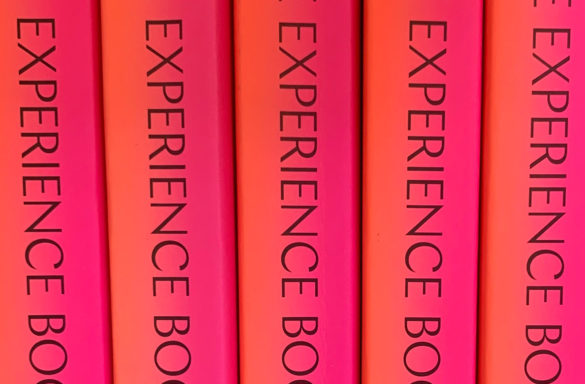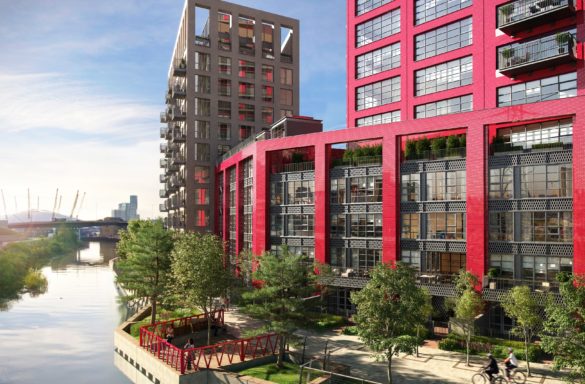ARTICLE
In the Remix
11:03:59 28 September 2022
51°30’35”N 0°7’5”W
At the beginning of the month, Adam and I spoke at the London Remix Summit 2022 as part of a cohort of thinkers and practitioners contributing to the task of mapping the New Experience Economy. Sharing the platform with the likes of Superblue’s curator Margot Mottaz, Immersive Everywhere’s Creative Director Neil Conolly and Punchdrunk’s Senior Producer Lucy Whitby, we were there to provide a little theoretical context to experience-led design, in multiple sectors.
We are in the process of developing a course based on an alternative design methodology pioneered or ‘re-remembered’ by key practitioners, including FreeState. It’s an approach to design that challenges the hegemony of function, prioritises process over product, delights in the unexpected, and champions spectator over spectacle. Inspired by a number of key texts, including Pine and Gilmore’s The Experience Economy, Jane Alison’s Meander, Spiral, Explode, and the likes of Iain McGilchist’s The Master and His Emissary, the course champions an approach that is interactive and non-linear and democratic, though always keeping a weathered eye on the fact that effective design doesn’t always make for a better world.
All of which is quite a mouthful for a 15-minute talk, which is why we limited ourselves to sharing the approach through a breakdown of the 1984 LA Olympics and four fine examples of experience design, including Siena’s Palio, Burning Man, Showfields, and Secret Cinema X’s Amy. Best laid plans, of course, are always vulnerable to the machinations of real life, which meant one of us (Waddell) over-talking the science bit – discussing reasons, far example, for the differences of the capability of attention between hydras and arthropods, a tangent which threatened to loosen itself from the bonds of all meaning.
Fortunately, the other one of us (Scott) wrapped the whole talk up in a blanket of competence and creativity, a recovery further strengthened in the Q&A session that followed, allowing us to better contribute to a discussion on the nature of ‘immersion’ and exploring how their theory contributes to range of ‘real-world’ experiences, including the commercial, cultural, educational, and transportation sectors. All told, it was a great learning experience, and we very much look forward to more of the same.
The FreeState Experience Design Course is due to be piloted in October this year, with the first masterclasses available as of November. If you would like to reserve a place on one of these, please do get in touch.



